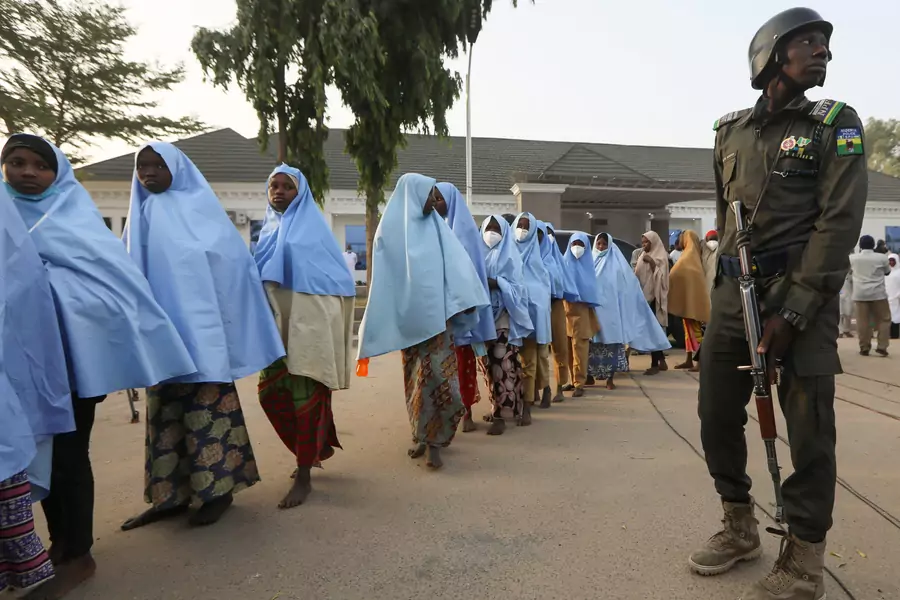By Sumaila Ogbaje
Stakeholders have called for community-based approach and active involvement of traditional institution in tackling the menace of kidnapping in the country.
They also said traditional institutions must be strengthened to actively and robustly engage in security management at the grassroots.
The stakeholders made the suggestions on Wednesday in Abuja during a Security Dialogue on Community Based Solution to Addressing Kidnapping.
The dialogue was organised by the National Counter Terrorism Centre in the Office of the National Security Adviser, in collaboration with UK National Crime Agency, via Decy-4 Technologies Limited.
The dialogue is to create and implement communication strategies on anti-kidnapping in the country.
A traditional ruler, Alhaji Suleiman Ibrahim, who was a victim of kidnapping, said kidnapping, like the Boko Haram insurgency, was allowed to fester because of institutional weaknesses at traditional, state and national levels.
He said that the weaknesses had emboldened the criminals to act with impunity to the extent of imposing levies on farmers in some communities in the North.
According to him, the situation has degenerated to the extent that traditional rulers are now targets of the criminals because of their closeness to the people.
Ibrahim, who is the Sarkin Tilljo Michika in Adamawa, said traditional institutions should be strengthened to effectively play its role in dispute resolution at the grassroots.
“We can handle insecurity but we are constitutionally handicapped because there is no constitutional responsibilities, power or salary for most traditional leaders; 89 per cent are just volunteers.
“Intimidation from political class even when they know they are wrong is another major challenge of the traditional institution,” Ibrahim said.
The traditional ruler, therefore, advocated for the constitutional recognition of traditional institutions as the fourth arm of government, or bringing customary and area courts under the supervision of traditional rulers.
He said there should also be effective communication line with security agencies, properly designed to reduce the existing gap between urban and rural communities, in terms of orientation and awareness of their responsibilities.
Dr Yusuf Usman, Deputy Director, Institute of Governance and Development Studies, Nasarawa State University, said the traditional institution was a key player in fighting insecurity in Nigeria, and should be supported to do more.
Usman said the evolving nature of kidnapping had made it difficult for the traditional law enforcers to do their jobs, adding that there was need to address the rot in the system.
According to him, engaging communities as active stakeholders in security is critical in tackling the menace, as those involved in the criminality are largely from local communities.
“Government must develop measures that can enhance preventive capacity and building community resilience towards tackling the menace of kidnapping.
“Traditional rulers should be encouraged to perform their roles effectively,” he said.
Usman observed that the lack of trust between locals and security agencies have prevented the flow of vital intelligence that would help the security agencies in addressing security challenges.
Also, a former Director at the Defence Intelligence Agency, Mr Jeremiah Adamu, said there should be serious punitive punishment for kidnapping.
He also said security agencies in the country are presently overwhelmed, underfunded and without enhanced motivation to work.
“These are the factors facing us in the fight against kidnapping.
“We also do not have much security that can penetrate every area because we have a lot of ungoverned forests.
“Our security agencies have to collaborate with community leaders to curb insecurity,” he added.
NAN reports that that the security dialogue was divided into two sessions covering separate engagement with traditional rulers and the youths. (NAN) (www.nannews.ng)
Edited by Maharazu Ahmed












